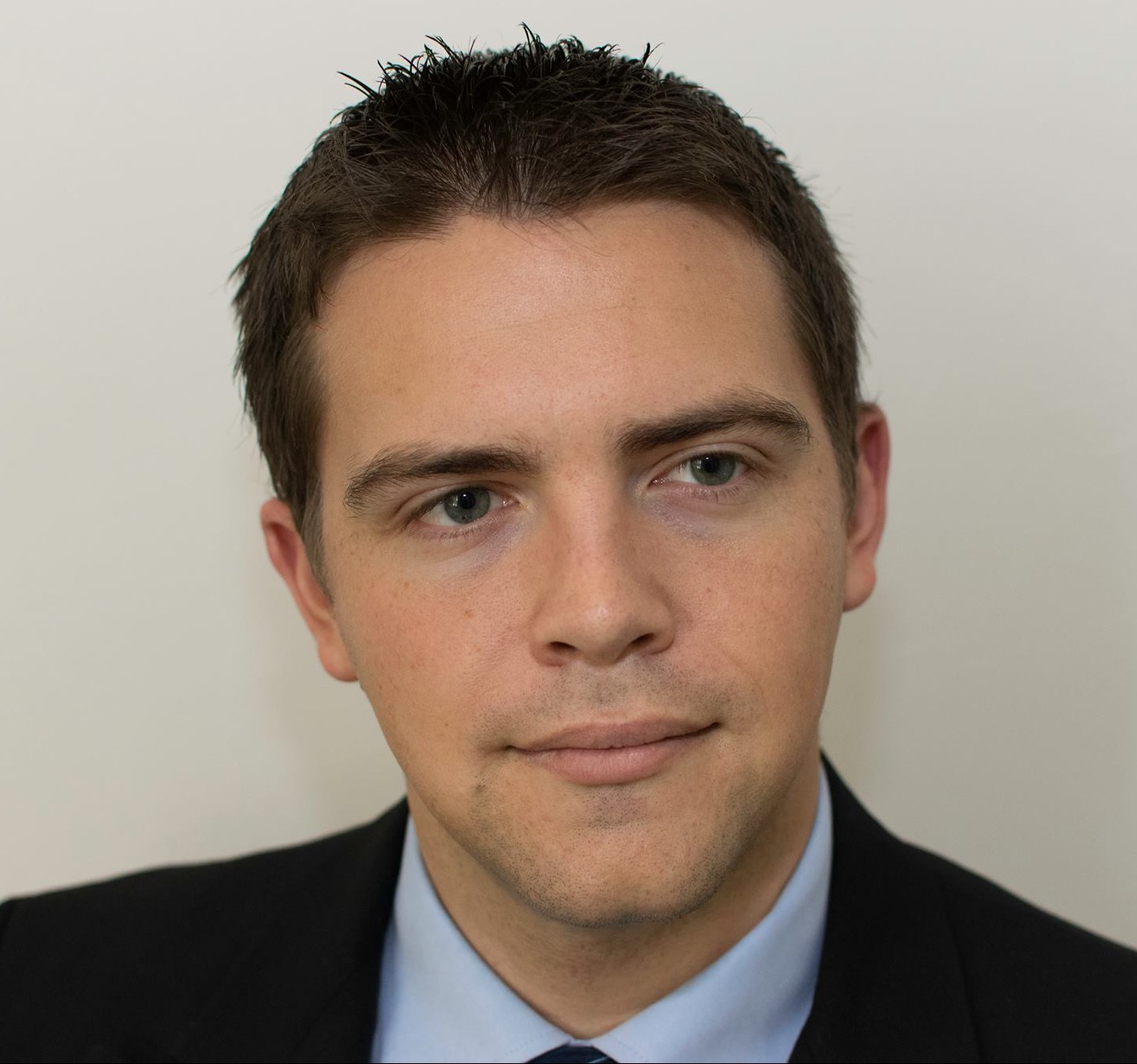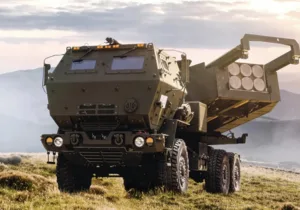On March 28, 2020, New Yorkers opened their eyes and saw something which had not occurred in over a hundred years: the construction of a field hospital in Central Park. A few weeks earlier, another field hospital had arrived in Cremona in northern Italy. The heroic efforts of hospital staff and medical workers were not enough to stem the overwhelming tide of COVID-19. In both cases, the emergency field hospitals and staff were provided by Samaritan’s Purse (SP), a Christian humanitarian organization based out of Boone, North Carolina.
“The world has turned itself off, and there is a prevailing atmosphere of fear,” said Ken Issacs, vice president of programs and government relations for Samaritan’s Purse, by phone after having returned to Boone from the New York field hospital. “This is very different than normal outbreaks.”
His statement is one that comes from years of experience. Samaritan’s Purse maintains multiple 68-bed field hospitals that can be deployed anywhere in the world in a matter of days. The organization’s medical personnel—often short-term deployment teams known as Disaster Assistance Response Teams (DARTs)—have served in such diverse places and conditions as Liberia during the 2013 Ebola outbreak, Iraq during the offensive to retake Mosul from ISIS, and Mozambique following Cyclone Idai. These deployments are often challenging affairs for those who go out to serve. Hard conditions and long hours test team members’ mental, physical, and spiritual stamina. As Ken puts it, “DART team members work 12 hours a day, seven days a week. We are very fortunate to have a great team of people on the DART roster who can work professionally under these conditions.”
With years of experience and medical hygiene standards developed to combat Ebola outbreaks, the organization was well prepared to help combat COVID-19. However, no one predicted that the first major deployment of the organization’s resources to combat the virus would be in Cremona, Italy. The rapid rate at which the virus spread caught everyone unaware. The Italian medical system was overwhelmed, and the government was forced to implement a strict lockdown to halt the spread of the virus.
Looking for an opportunity to help, Samaritan’s reached out to their contacts in Italy to see if they could be of any assistance. “We made an inquiry to a Christian guy in Rome on a Thursday, asking if there was some way Samaritan’s Purse could help. By Friday he passed the offer to a senator he knew. On Monday morning, we received two invitations, one from the minister of health and of the president of Lombardy. Our plane took off on Tuesday, landed Wednesday, and the hospital started seeing people on Saturday.”
Similarly, Samaritan’s Purse rapidly deployed to New York after receiving an official request for assistance. Medical officials were aware of SP’s humanitarian relief efforts in Puerto Rico following Hurricane Maria and reached out to see if the organization could come to New York. An advance team was deployed to New York City five hours after initial authorization had been granted, and the team assessed four or five possible sites where they could deploy the field hospital. The team settled on the site across from Mt. Sinai Hospital as the ideal location. However, by the time Samaritan’s Purse staff met with Mt. Sinai officials to discuss cooperation, trucks carrying supplies were already leaving the Samaritan’s Purse warehouse.
Ken said one of the major issues faced by SP in New York and Italy was coordinating their response with their partners in a way that adhered to local regulations and laws. “In both locations, logistics was a major challenge. In Italy, we had to quickly learn about Italian healthcare laws and regulations. It was a similar situation in New York. But in both places the host hospitals were enormously supportive, and we couldn’t ask for better partners.” This often required navigating a maze of often overlapping jurisdictions. For Example, in New York the organization had to coordinate with FEMA, New York City, the State of New York, and their partner Mt. Sinai. However, officials in both countries were very supportive. “New York officials worked very hard to ensure we were able to officially set up. In Italy we had the president of Lombardy assist us with the registration process.”
When asked about SPs reception in both countries, Ken said the feedback was overwhelmingly positive. He noted that the Italians were very grateful because they felt alone in their struggle. “In Italy, the hospital staff came out and were crying because they felt that the world had abandoned them.”
He also said the gratitude expressed by New Yorkers moved him deeply. “The first night I was there, it was just about dusk when people walked up on the ridge and started cheering and applauding the healthcare workers. There is something in humankind which shows appreciation, is affirmed by appreciation, and is a celebration of life. We would go out at 7:00 pm every night and just wave to people.”
With the situation in New York under control, Samaritan’s Purse has begun the process of slowly closing its field hospital. It is a long process of disinfecting everything and disassembling the tents and equipment piece by piece. Once the final patient has been discharged, the entirety of the hospital will be packed up and shipped back to the warehouse. Reflecting upon the virus, Ken expressed concern over the possibility of a second wave. “I do think there will be a secondary spike, and I think it will be ugly. The velocity of infectivity is breathtaking. One sick person in a theater could get ten people sick. The virus will hit the economy quite hard, and we need a measured response.”
Samaritan’s Purse is already considering how it will respond to the next COVID-19 outbreak. Its field offices have already converted existing health programs into COVID-19 programs, and multiple states and governments have reached to discuss potential assistance. The State of Alaska has already received medical equipment from Samaritan’s Purse, and there are ongoing discussions about providing additional support during the summer months when thousands of fishing boats and sailors from around the world will come to Alaska for the fishing season. The state hopes this partnership will help protect remote villages and the native population from the COVID-19 pandemic.
Ken’s parting words were a combination of encouragement and lessons for people to take to heart. He shared a verse which is popular with the DART teams, Philippians 4:13: “I can do all things through Christ Jesus.” He also gave some practical advice. “Firstly, trust in God for all things because he is sovereign. Secondly, keep your hands off your face. Thirdly, wash your hands, disinfect all multi-touch surfaces, and use your elbows to open doors. Finally, don’t touch your face.”






